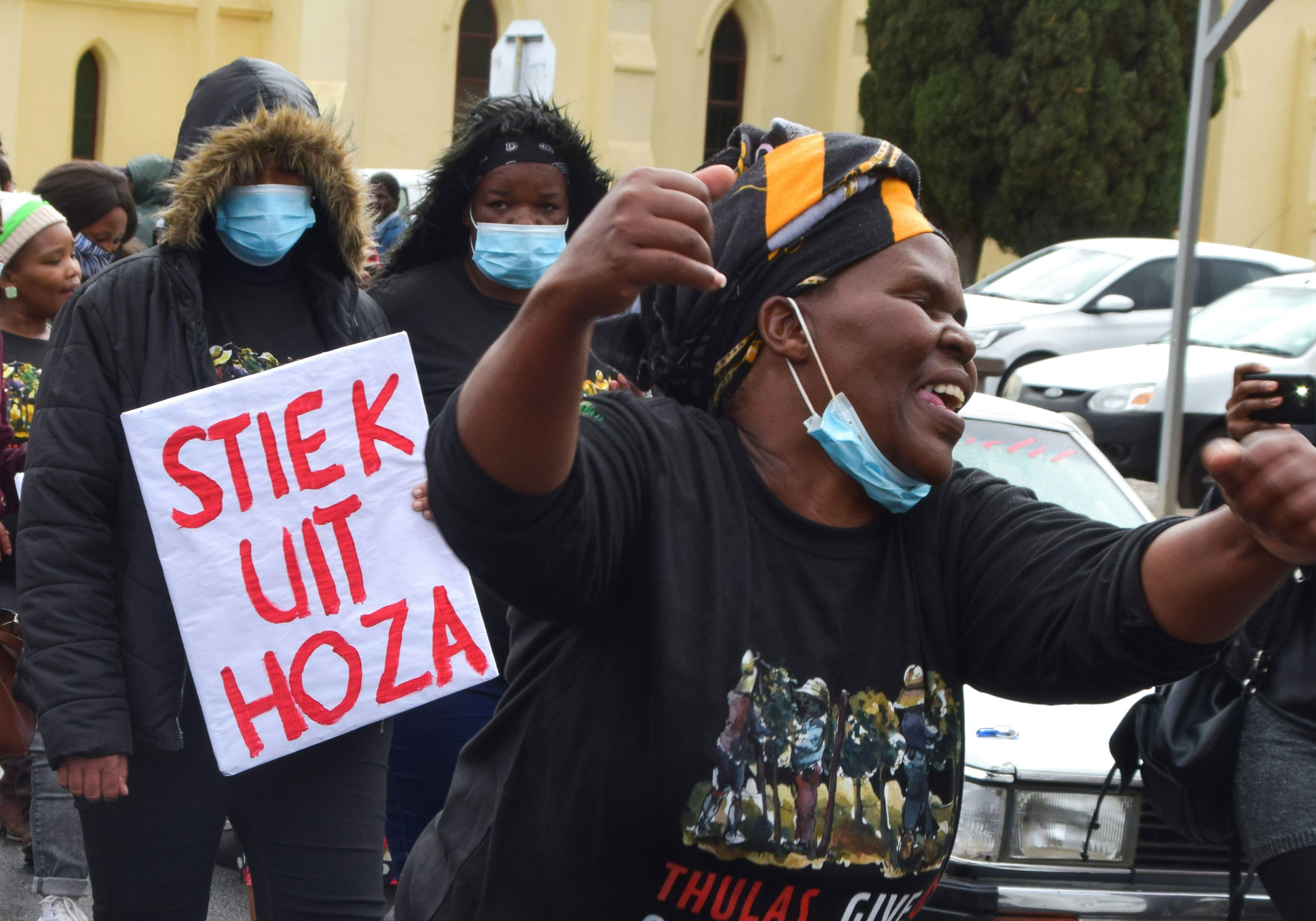
GLOBAL INFLUENCE
SHIFTS SOUTH
BRAZIL AND SOUTH AFRICA LEAD
Both countries have strong voices in local multilateralism, an opportunity for Urban 20
With Brazil set to host the G20 in 2024 and COP30 in 2025 and South Africa preparing for the G20 in 2025, these nations are strategically positioned to shape the international agenda. Simultaneously, the BRICS expansion, to which Brazil and South Africa are founders, along with China, India, and Russia, marked a significant step in amplifying the voice of the Global South. With the recent invitation to Egypt, Ethiopia, Iran, Saudi Arabia, and the United Arab Emirates to join as full members from 1 January 2024, BRICS solidifies its status as a significant force in international politics.
The new BRICS group accounts for 46 per cent of the world’s population, likely reaching 50 per cent soon, given its inclusion of countries with high-population growth. Economically, they contribute 29 per cent to global GDP and 43 per cent to global oil production. The addition of Saudi Arabia, Iran, and the United Arab Emirates has doubled the share of BRICs.
India, another BRICS country, hosted the G20 in 2023. The city of Ahmedabad served as the chair of Urban 20, a city diplomacy initiative and a G20 Engagement Group that brings together cities from G20 member states to inform and influence the discussions of national leaders at the G20.
In the final declaration adopted by the G20 leaders in New Delhi, there is a concrete mention of “the need for enhanced mobilisation of finances and efficient use of existing resources” to make cities of tomorrow inclusive, resilient, and sustainable, following SDG11. To that effect, the G20 endorsed the G20 Principles for Financing Cities of Tomorrow as a voluntary and non-binding strategy.


The Ahmedabad U20 Communiqué was endorsed by 105 cities, focusing on moving from “Intention to Action” and urging national governments to realise the role of local and regional governments in achieving the 2030 Agenda. Several strategic recommendations to the G20 were announced, including encouraging environmentally responsible behaviours, ensuring water security, accelerating climate financing, championing local culture and economy, reinventing frameworks for urban governance and planning, and catalysing digital urban futures.
In Brazil, one of the few countries with a Ministry of Cities, celebrating local elections this year, the U20 will be co-chaired by the mayors of Rio de Janeiro and São Paulo. Both cities will host several U20 activities and a virtual U20 sherpa meeting in March 2024. The São Paulo Summit will be in May and June, leading up to the Rio Summit, which will precede the G20 Heads of State meeting in November 2024.
Brazil’s assumption of the G20 presidency, a role it will hold until November 2024, places President Lula and his administration at the forefront of global economic discussions. The key focus lies in advancing reforms to global sovereign debt and development lending systems and increasing funds for climate, infrastructure, and development projects through multilateral development banks. Brazil also seeks to streamline debt relief and restructuring processes for highly indebted nations.
Beyond the G20, Lula’s government faces the urgent task of reversing the international isolation and discredit that marked Brazilian foreign policy in the previous administration. Brazil is at a crossroads, from settling outstanding dues in global multilateral systems to reinstating the country’s commitment to peace, human rights, and development.
Lula’s vision extends to emphasising participation in international agreements and defending democratic principles, as well as promoting sustainable development. How this could play out in the BRICS summit in October 2024 in Kazan (Russia) remains to be seen. It will be the first time an expanded group of BRICS leaders meets, providing an opportunity for these nations to shape a collective agenda.
Brazil’s influence will also be relevant in 2025 with COP30 in Belem. Lula has returned to power with a robust environmental agenda. Deforestation in Brazil’s Amazon rainforest fell by more than half in November 2023 compared with a year earlier, in the first year of his mandate. The Brazilian President reiterated at COP28 his country’s target of ending illegal deforestation by 2030.
In the case of South Africa, general elections are scheduled for August 2024. Collaborative efforts within forums such as BRICS and throughout the G20 cycle of 2024-2025 are anticipated to be directed towards a collective push for global governance reform. According to the International Monetary Fund’s World Economic Outlook, South Africa may hold the position of Africa’s largest economy in 2024, and it is expected to retain the top spot for only a year before once again being surpassed by Nigeria.
By aligning their positions on sustainable development, global inequality, and climate change, both nations aim to reconnect the Global South and Global North.
 This publication was produced with the financial support of the European Union. Its contents are the sole responsibility of UCLG and do not necessarily reflect the views of the European Union.
This publication was produced with the financial support of the European Union. Its contents are the sole responsibility of UCLG and do not necessarily reflect the views of the European Union.